Lectures & Tutorials
Lectures
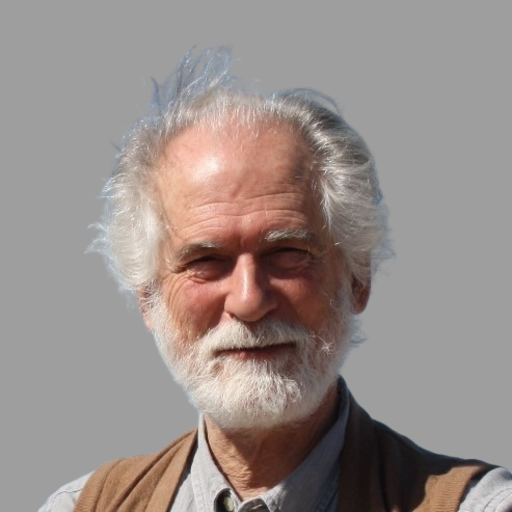
Dr. Franco Simini
simini@fing.edu.uy
Universidad de la República, Uruguay
Biography
Franco Simini is Professor of Biomedical Engineering and Medical Informatics, Universidad de la República, Uruguay, where he founded the Núcleo de Ingeniería Biomédica, a Department of both the Medical and Engineering Faculties. Active in Technology Transfer, Prof. Simini directed theses, created courses, wrote peer reviewed publications, books and patents. Biomechanics, impedance tomography, intra-abdominal pressure reduction and medical informatics are among his research areas. Prof. Simini was elected Outstanding Engineer in Uruguay 2022. Co-founder of University´s Espacio Interdisciplinario, IEEE Senior Member Prof. Simini is active in University government and outreach, chaired CLABIO2015, SABI2020 congresses and organizes 3DAHM2024 in Uruguay.
Lecture
Bioimpedance vs Ionizing Radiation Imaging: an Unequal Contest in Biomedical Equipment Development
09:00-09:30
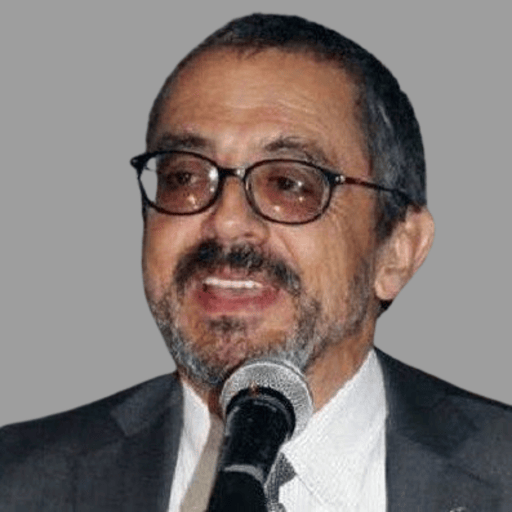
Dr. Carlos Augusto Gonzaléz Correa
c.gonzalez@ucaldas.edu.co
University of Caldas, Colombia
Biography
Born in Neira, Colombia, South-America. Education: Graduated from Human Medicine: University of Caldas, Colombia, South-America (1992). Specialized in Higher Education: University of Sheffield, United Kingdom, 1999. PhD: University of Sheffield, United Kingdom, 2001. (Main Tutor: Prof. Brian H Brown. Co-tutors: Prof. Rod Smallwood, Prof. Khandu D. Bardhan. Thesis: Endoscopic measurement of electric impedance spectra and their dependence on tissue properties in Barrett’s Esophagus.). Work experience: 1994-today: Professor on “Medical Physics” in Human Medicine at the University of Caldas. 1996 (Jan-Feb): Research Assistant at University College-London, under the supervision of Prof. David Holder. 2002-2003: Research Assistant at the University of Sheffield, under the supervision of Prof. Brian H. Brown. ORCID: 0000-0002-0124-5072. Recognized as Emeritus Researcher by the Colombian Ministry of Science, Technology and Innovation (MinCiencias). Main research interests: clinical applications of Electrical Bioimpedance Spectroscopy, intestinal microbiota modulation, wellbeing.
Lecture
A call for standardization in electrical bio impedance spectroscopy (EBIS)
10:00-10:30
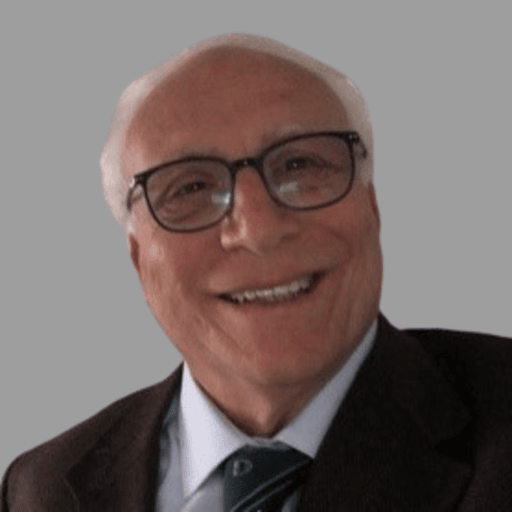
Dr. Pasquale Arpaia
pasquale.arpaia@unina.it
University of Napoli
Biography
Pasquale Arpaia received his B.S. and Ph.D. degrees in Electrical Engineering from the University of Naples Federico II, where he is a full professor of Measurement. He is director of the Interdepartmental Center for Research on Health Management and Innovation (CIRMIS), Head of the Laboratory of Instrumentation and Measurement for Particle Accelerators (IMPALab), the Augmented Reality Laboratory for Health Monitoring (ARHeMlab), the Unina Hi-Tech Academic FabLab, and chairman of the University Federico II Internship Project. He is a Team Leader at the European Organization for Nuclear Research (CERN). He has also been a professor at the University of Sannio, and an associate at the CNR Institutes of Engines and Biomedical Engineering, and now of the INFN Section in Naples and CNR STIIMA. He is Associate Editor of the Institute of Physics Journal of Instrumentation, MDPI Instruments and also previously of the Elsevier Journal Computer Standards & Interfaces, IEEE Transactions on Electronics Packaging and Manufacturing. He was editor at Momentum Press of the book collection “Emerging Technologies in Measurements, Instrumentation, and Sensors.” In recent years, he has been scientific manager of more than 30 competitive research projects in collaboration with industry, with related international patents and licenses, and has founded 4 academic spin-off companies. He has served as a scientific evaluator in several international research committees. He is general chair of XR Salento, IEEE IWIS and IEEE MetroXRAINE. He is an annual plenary speaker at several international scientific conferences. He has published 6 books, and about 350 scientific papers in journals (7 in the last 7 years in Nature Group) and proceedings of national and international conferences. His PhD students were awarded in 2006, 2010 and 2020 at IEEE I2MTC, as well as in 2016 and 2012, 2018 at IMEKO Conference. His book on Brain Computer Interfaces was awarded by CRC Press as the best STEM book in 2024.
Lecture
EIS-based health micro-instrumentation for measurement of drug transdermal delivery
14:00-14:30
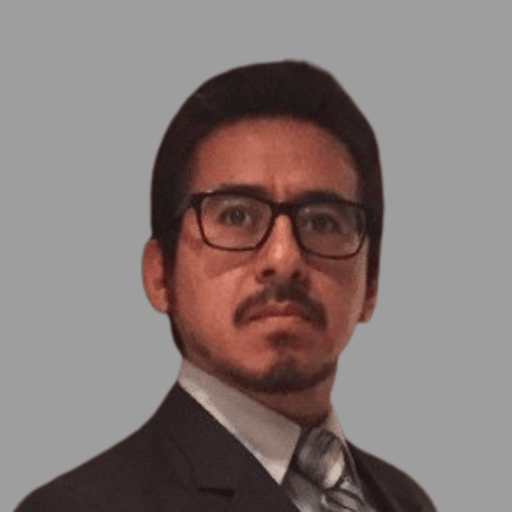
Dr. César González
cgonzalezd@ipn.mx
Instituto Politécnico Nacional, Mexico
Biography
Prof César A González is PhD on Biomedical Engineering by (UAM-I, México), Post-Doc in Bioengineering Department at the University of California at Berkeley, USA, and Visiting Professor at Tel Aviv University, Tel Aviv, Israel. Author of International Patents in the development of technology for non-invasive monitoring of critically ill patients and treatment of cancer with bioimpedance and nanotechnology. Author of international book chapters and scientific articles in indexed journals. Tutor of degree projects in the areas of Health Sciences and Bioengineering at the undergraduate and graduate levels. Chair program of national and international conferences on Biomedical Engineering as well as titular professor of national and international Latinamerican conferences and summer schools on Bioimpedance.
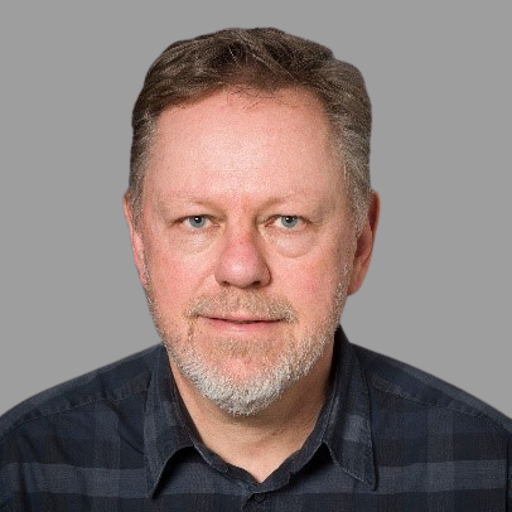
Dr. Ørjan Grottem Martinsen
o.g.martinsen@fys.uio.no
University of Oslo
Biography
Ørjan G. Martinsen is a professor of physics and electronics at the Department of Physics, University of Oslo, Norway. He is also a senior researcher at the Oslo University Hospital. Martinsen is head of the “Oslo Bioimpedance and Medical Technology Group”, where the main focus is on electrical bioimpedance theory and applications within medicine. He is the co-author of the textbook “Bioimpedance and Bioelectricity Basics”, where the 4th edition was published last summer, and he is the founding editor-in-chief of the Journal of Electrical Bioimpedance.
Lecture
Impedance measurements on a layered object – some surprising phenomena
08:30-09:00
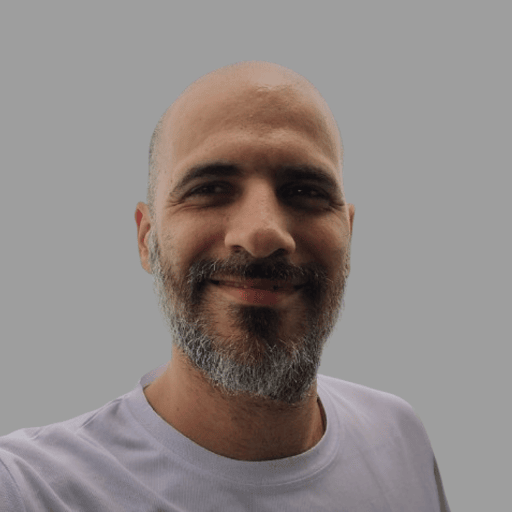
Dr. Antonio H. Dell’Osa
UNTDF, Argentina
Biography
Antonio H. Dell’Osa is a Biomedical Engineer (Univ. Favaloro, Buenos Aires) and PhD in Biological Sciences with mention in bioengineering (Universidad Nacional de Tucumán). He works as a professor and researcher in the field of biomedicine, in general, and in bioimpedance, in particular; these functions he performed as Full Professor at the Instituto de Desarrollo Económico e Innovación of the Universidad Nacional de Tierra del Fuego (Ushuaia, Argentina) and at CONICET (Argentina). He has undergraduate, graduate and research collaborations internationally with Uruguay, Colombia, Mexico and Italy. He has directed theses in Latin America and Italy in the fields of Computer Science, Engineering and Medicine. At the same time, he is a science-based technology entrepreneur. He has received Best Paper mention from the International Society on Bio Electrical Impedance and entrepreneur awards from INVAP, Banco de la Nación Argentina and ARCOR for the technological projects developed. He is the Head of the Applied Electronics and Biomedicine Laboratory, the first biomedical research laboratory in this area in Southern Patagonia.
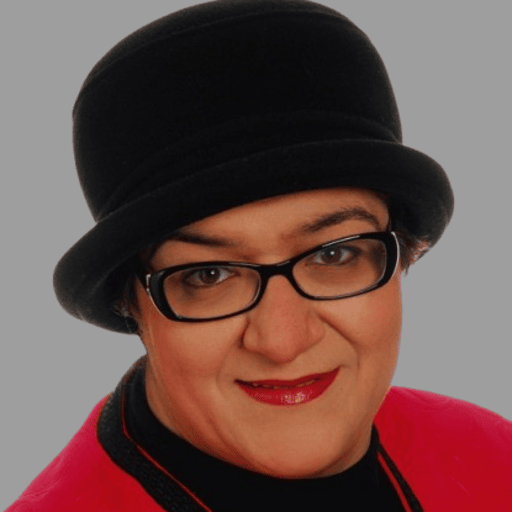
Dr. Olfa Kanoun
olfa.kanoun@etit.tu-chemnitz.de
Technische Universität Chemnitz, Germany
Biography
Olfa Kanoun is since 2007 a full professor of measurement and sensor technology at TU Chemnitz, Germany. She studied electrical engineering at the Technical University in Munich from 1989 to 1996, where she specialized in the field of electronics. Her PhD at the University of the Bundeswehr in Munich has been awarded by the commission of university professors in metrology (AHMT e.V). In her research, she focuses on sensors, measurement systems, and measurement methods. Since 2001 she founded a working group on impedance spectroscopy dealing with battery diagnosis, bioimpedance spectroscopy, inductive sensors, capacitive sensors, conductivity sensors, and material testing. In 2018 she has been awarded by the the IEEE Instrumentation and Measurement Society with the faculty course award and 2022 with the technical award for pioneering the evolution of impedance spectroscopy from laboratory scale to field sensors. She has been supervising more than 40 PhDs and 2 habilitations. Deh has published 14 books, more than 700 papers and 4 patents.
Lecture
On System Design for Precise Embedded Bioimpedance Spectroscopy
14:30-15:00
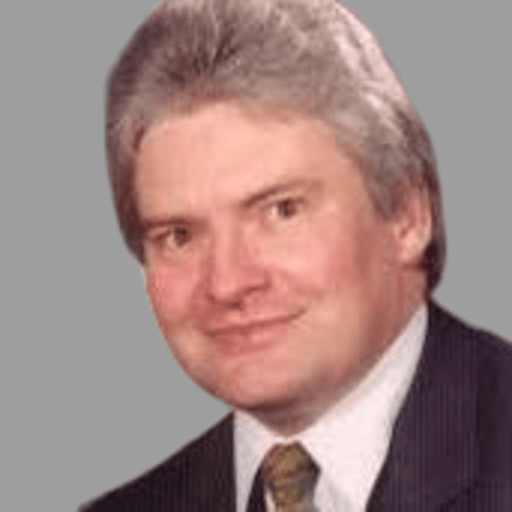
Dr. Uwe Pliquett
Institut für Bioprozess-und Analysenmeßtechnik, Germany
Biography
Uwe Pliquett received the diploma degree in electronic instrumentation and the Dr.-Ing. degree in measurement techniques in 1988 and 1991, respectively, from the Engineering College Mittweida, Germany. From 1993 to 1996 he was postdoctoral fellow at MIT, Cambridge, MA, working on transdermal drug delivery mediated by pulsed electric field. He continued the work on electroporation and bio-impedance measurements in Bielefeld where he received the habilitation in 2000. During 2005 he worked at Old Dominion University in Norfolk, VA, for investigation of changes in biological material due to the application of pulsed electric field. In 2006 he joined the Institut für Bioprozessund Analysenmesstechnik, Heilbad Heiligenstadt, Germany, where he is currently working on characterization and manipulation of biological material using electrical and optical methods.
Lecture
Practical application of impedance measurement with minimalistic instrumentation
08:30-09:00
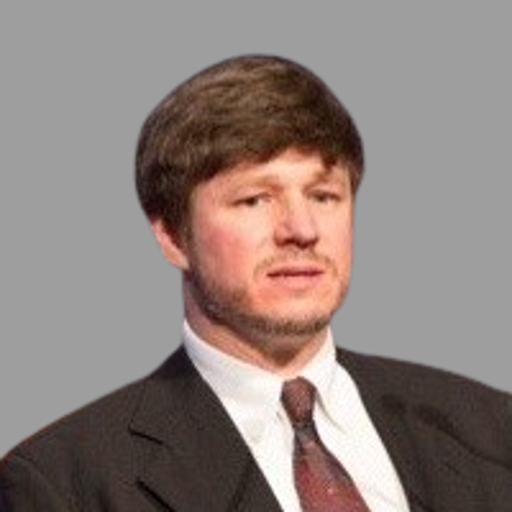
Dr. Marlin Keith Cox
keith@bialume.com
Bialume Tech Inc., Juneau AK
Biography
Primary research interest focuses on the physiological aspects of growth, development, and bioenergetics (quantification and allocation of energy). I also have a background of creating bio-assessment models that are calculated from fish and invertebrate population counts as well as physiological and energetic parameters of individual organisms. These models are used to detect environmental perturbations and human actions in regard to fish, invertebrate, community and overall ecological health. My graduate program was devoted to the study of fish bioenergetics and physiology; and scaling these parameters from individual to population aspects. In this, I have developed, innovated and published the first work on fish using bioelectrical impedance analysis (BIA) to measure compositional components that include fat, protein, water, dry, ash, and energy content; and relating these measures with condition. Non-lethal estimation of body composition using bioelectrical impedance analysis in lower vertebrates will permit increased precision in energy flow and proximate composition studies as well as permit the study of community energetics and condition on spatial and temporal scales not previously possible. Co-founder and Chief Scientific Officer of CQ Foods, a company that manufactures electronic devices that measure, monitor, store and auto-analyze metrics that help monitor different aspects of growth of aquaculture species. The same system can be used to monitor mariculture facilities. Currently, the data pathway provides real-time analysis of different parameters including GPS, temperature, length, weight and body composition. The pathway will be able to accommodate any other metrics such as salinity, pH, conductivity and depth. Personally, Dr. Cox has over 20 years of experience working with organisms including plants and animals that vary in size from whales to bacteria.
Lecture
Alaska Seafood and the importance of bioimpedance current and future applications
09:00-10:00
Workshop
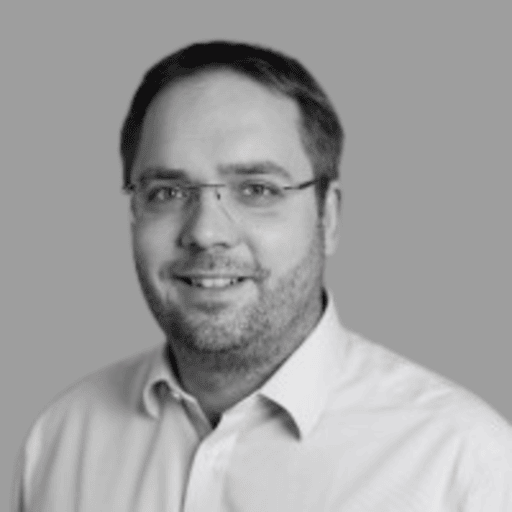
Dipl. phys. Martin Bulst
m.bulst@sciospec.de
Sciospec Scientific Instruments GmbH, Bennewitz, Germany
Biography
Martin Bulst studied Physics at the University of Dresden and the University of Leipzig. Still being in university he joined Sciospec in 2010 as a founding member. He obtained a diploma in Physics in 2013 as part of a joint research project with Sciospec, University of Leipzig and the Leibniz Institute of Surface Modification (IOM) in Leipzig. His diploma thesis (2013) dealt with dynamic characterization of organic thin film structures using impedimetric measurement techniques on piezoelectric resonant sensors. Ever since he started working with Sciospec, Martin took a key role in application development. In his position as lead application engineer, he has been part of many product developments both internal and for industrial partners and coordinated several joint research projects.
Workshop
Impedance Measurements – Instruments, Sensors & Beyond: An introduction on how to choose, design and successfully use setups for electrical impedance spectroscopy
09:00-10:00
Mini-Course
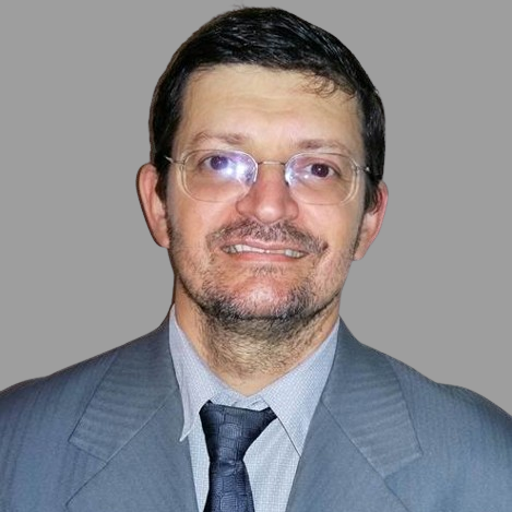
Dr. Pedro Bertemes-Filho
pedro.bertemes@udesc.br
Santa Catarina State University, Brazil
Biography
Graduated in Electrical Engineering in 1995 at the State University of Santa Catarina and PhD in Medical Physics at the University of Sheffield. He was a Fulbrighter at Dartmouth College and visiting researcher in the University of Ljubljana. Full Professor in UDESC since 2004, lecturing electronic instrumentation and coordinating a research group in biomedical engineering. IEEE member since 2007. Reviewer of more than 10 international journals. He is the chair of the coming CLAIB 2022 and secretary of the ISEBI. International lectures in renowned Universities, such as Uruguay, Ljubljana, Sheffield, Copenhagen and Mexico. Areas of research interest are focused on electrical bioimpedance and bioinstrumentation, Biosensor and e-Health. He edited the book entitled “Bioimpedance in Biomedical Applications and Research” published by Springer.
Mini-Course
Design your own bioimpedance meter
P1 | 10:30–11:30
P2 | 13:30–14:30
P3 | 15:00–17:00
